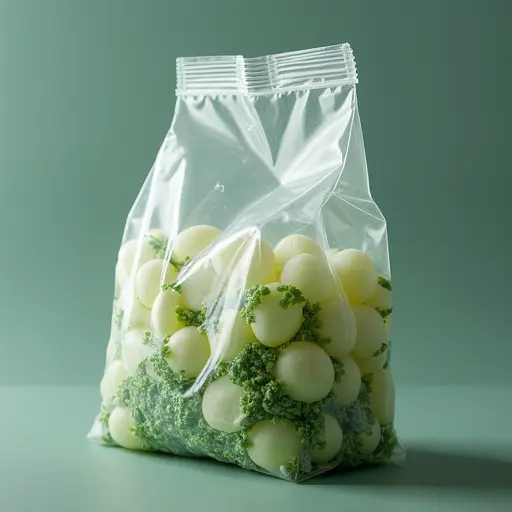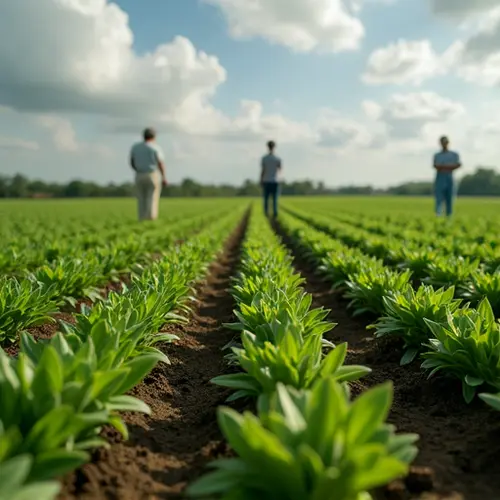
Bio-Based Material Breakthrough
Researchers have developed synthetic silk that could revolutionize packaging. Mimicking spider silk's molecular structure, this innovation offers a biodegradable solution to plastic waste. Unlike traditional plastics derived from fossil fuels, this material uses protein-based polymers that decompose naturally within weeks.
How It Works
The technology replicates spider silk's unique beta-sheet crystalline structure through bacterial fermentation. By inserting spider DNA into microbes, scientists produce silk proteins that self-assemble into ultra-strong fibers. These fibers form transparent films stronger than polyethylene but fully compostable.
2025 Innovations
Recent breakthroughs include:
- Scalable production achieving 5 tons/month capacity
- Moisture-resistant coatings using potassium nitrate
- Flexible material variants for food packaging
Companies like BioBased Press are already testing prototypes for cosmetics and electronics packaging.
Environmental Impact
Traditional plastic packaging takes centuries to decompose. This synthetic silk degrades in 45 days without microplastic residue. Lifecycle analysis shows 78% lower carbon footprint than conventional plastics. The material's hygroscopic properties naturally deter microbes, eliminating need for chemical preservatives.
Commercialization Timeline
Major brands plan to adopt silk packaging by Q3 2026. Current challenges include reducing production costs, with researchers targeting price parity with PET plastic by 2027.

 Nederlands
Nederlands English
English Français
Français Deutsch
Deutsch Español
Español Português
Português







